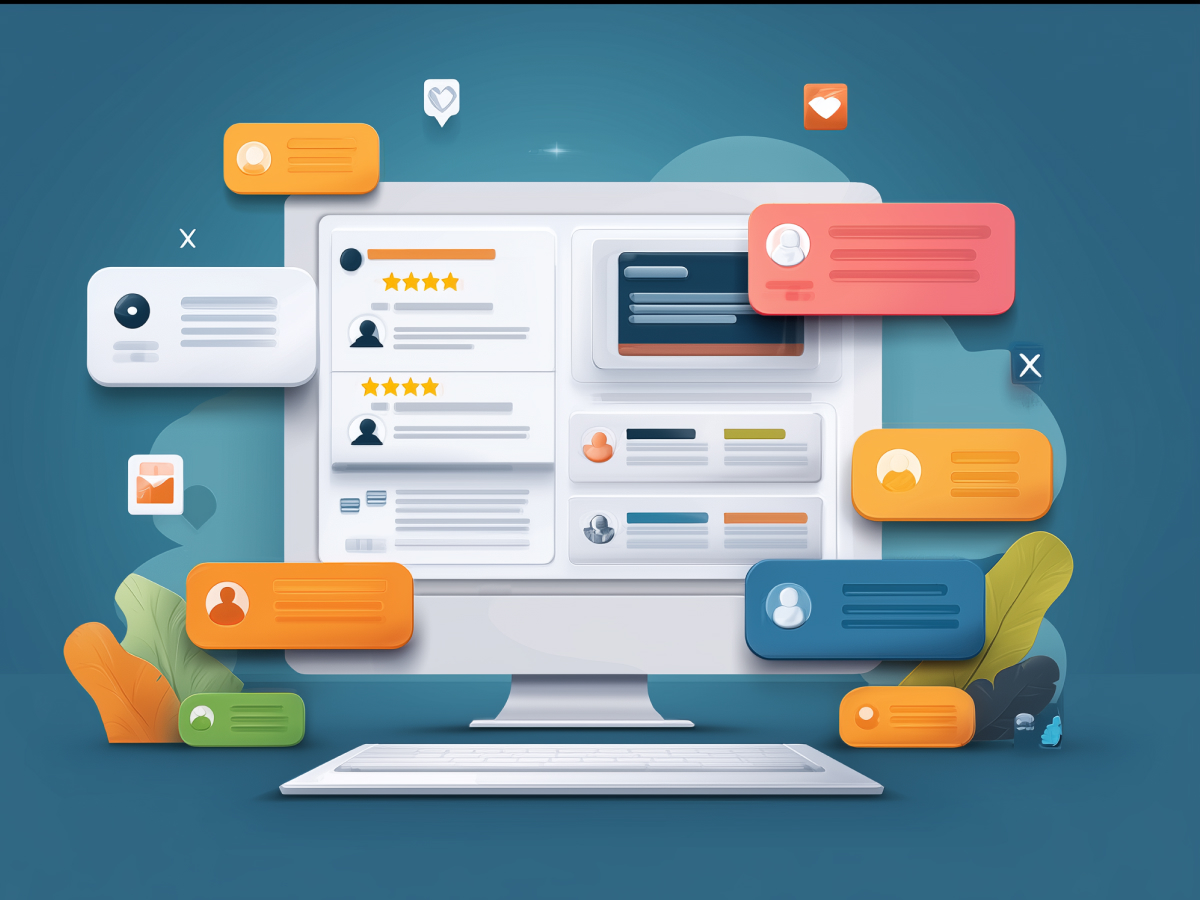The technology space is in a state of constant flux, and every so often, a transformative innovation emerges that reshapes the landscape. Generative AI, particularly large language models (LLMs) like GPT-4, is one such innovation. Its impact on DevSecOps is profound, marking a shift similar in significance to the advent of cloud computing and Kubernetes. We explore how generative AI is transforming DevSecOps and the essential skills IT leaders and professionals need to thrive in this generative AI era.
IT leaders and AI responsibility shift
Focusing on training and innovation
IT leaders play a central role in preparing their teams for the impact of generative AI on digital transformation. It’s no longer enough to focus solely on traditional IT practices; a broader understanding of AI and its integration into DevSecOps is essential.
One key aspect of this preparation is training. Developers need to acquire the skills and knowledge needed to adapt to AI technologies effectively. This training should encompass not only the technical aspects but also encourage innovation. Developers must learn how to harness the power of generative AI to drive creativity and efficiency in their work.
Shifting focus in DevOps
Basic scripting and monitoring vs. critical thinking and design
Traditionally, basic scripting and low-level monitoring were core skills in DevOps. However, the generative AI era is bringing about a shift in focus. While these skills remain important, they are no longer the sole drivers of success.
Critical thinking, design, and strategic problem-solving now take center stage. DevOps professionals are expected to think strategically about how generative AI can be integrated into the development and operational processes. They need to design workflows that harness AI’s capabilities to enhance productivity, quality, and innovation.
Essential skills for Generative AI
Prompting and validating AI responses
Incorporating generative AI into DevSecOps processes requires the ability to effectively prompt AI and critically evaluate its responses. This skill is crucial in ensuring that AI-generated content aligns with the organization’s goals and standards. A ‘trust but verify’ approach is recommended, where AI-generated output is assessed for accuracy and relevance before implementation.
Incorporating generative AI into DevSecOps processes requires the ability to effectively prompt AI and critically evaluate its responses.
Data engineering for LLMs
Generative AI models like LLMs rely on vast amounts of data for training and operation. Data engineering is becoming increasingly important to feed relevant data to these models. IT professionals need skills in handling unstructured data, data preprocessing, and developing LLM embeddings. This expertise ensures that the AI model receives the right data inputs to generate meaningful and contextually accurate outputs.
Understanding the AI stack
A comprehensive understanding of the AI stack is essential. IT professionals should be familiar with AI capabilities integrated into integrated development environments (IDEs) and development tools. Additionally, they need skills in working with vector databases and open-source AI stacks. This knowledge empowers them to leverage AI technologies effectively in their DevSecOps workflows.
Security and testing in AI integration
Embracing shift-left security and automation
Security and testing are critical aspects of AI integration in DevSecOps. A ‘shift-left’ approach, which emphasizes addressing security concerns early in the development cycle, is crucial. Continuous testing and security practices should be integrated into AI-enabled workflows from the outset.
Professionals should possess skills in AI-driven threat detection and automated continuous integration/continuous deployment (CI/CD) pipelines. These skills enable the rapid and secure deployment of AI models into production environments while minimizing risks.
Addressing AI security challenges
Understanding AI security challenges is paramount. Threats such as prompt injections and data poisoning can compromise AI-generated content and introduce risks. IT professionals need to be well-versed in these challenges and implement continuous monitoring and incident response mechanisms to mitigate emerging threats effectively.
Conclusion
Generative AI is reshaping DevSecOps and demanding a new set of skills and approaches. IT leaders need to prepare their teams for this shift by emphasizing training and innovation. DevOps professionals need to shift their focus toward critical thinking, design, and strategic problem-solving.




